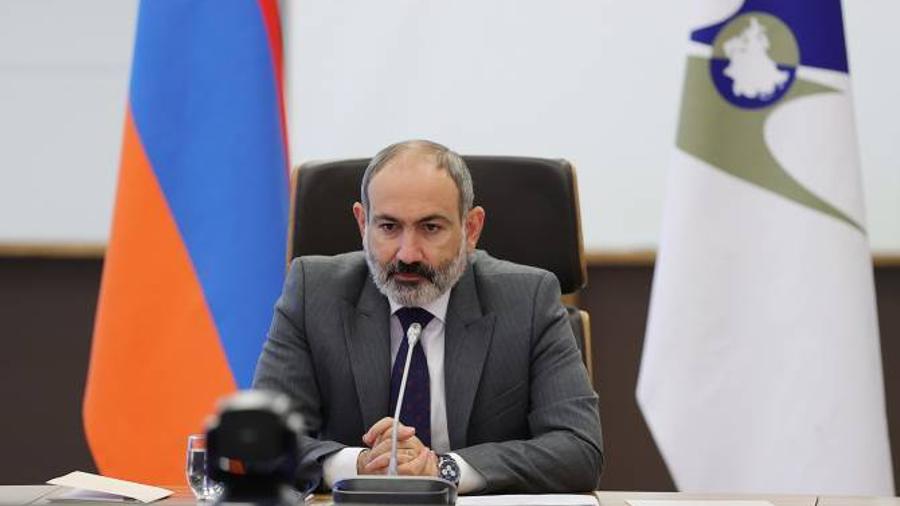
Formation of common markets for electricity, gas, oil and oil products in the EEU are among the systemic problems – PM Pashinyan
Prime Minister Nikol Pashinyan took part in the regular sitting of the Supreme Eurasian Economic Council, held remotely.
The meeting was attended by Russian President Vladimir Putin, President of Belarus Alexander Lukashenko, President of Kazakhstan Kassym-Jomart Toka, President of Kyrgyzstan Sadyr Japarov, Presidents of the EEU Observer States - President of Uzbekistan Shavkat Mirziyoyev and President of Cuba Miguel Diaz-Canel Bermudez, as well as Chairman of the Board of the Eurasian Economic Commission Mikhail Myasnikovich.
Welcoming the participants of the sitting, Nikol Pashinyan said,
"Distinguished members of the Supreme Eurasian Economic Council,
Dear participants of the meeting,
First of all, let me thank the Belarusian side for organizing today's remote meeting.
Before starting my speech, I would like to warmly greet President of the Republic of Uzbekistan Shavkat Mirziyoyev and President of the Republic of Cuba Miguel Diaz-Canel Bermudez.
Dear colleagues,
It is quite obvious that the formation of common markets for electricity, gas, oil and oil products in the EEU zone are among the systemic problems.
The formation of common sectoral markets in the energy sector is not only a matter of implementation of the provisions of the EEU Treaty, but also a precondition for the full realization of the potential for economic integration. This, in turn, predetermines the complexity of the process of harmonizing the principles and mechanisms of this market, which implies taking into account the different opportunities and interests of countries in the energy sector. However, significant progress can be recorded in concluding the future agreement, as well as a willingness to continue working on the issues under discussion, which we hope will help resolve the issue within a reasonable time. We assume that in the long run, all countries, as well as the economic union, will benefit from the successful implementation of the tasks set in front of us.
Elimination of barriers to reciprocal trade in the EEU is one of the Union's priorities, which aims to ensure the operation of internal markets without barriers and limits, including those barriers that restrict the freedom of access of entrepreneurs to the markets of the EEU member states.
Implementation of existing agreements in this area will strengthen the foundations of the Union's activities, and the absence of barriers within the Union will increase not only the level of trust between member states, but also our competitiveness in foreign markets. In this context, I consider it necessary to intensify the efforts to identify and eliminate barriers to trade, to create common markets for goods and services, to build efficient supply chains, to increase the Union's transit potential, taking into account the interests of the business communities and the rights of citizens of the Union’s member states. I am confident that the effective introduction and development of digital technologies will help to minimize or fully eliminate barriers.
At present, the issue of protection of the Union's internal market is urgent, especially in the event of a negative impact caused by economic pressure from a third party. In this context, the development of response measures is an important issue on the Eurasian integration agenda, like any other regional integration agenda.
Armenia is ready for close collaboration to find ways to develop a common approach based on international law, taking into account the experience of the member states.
One of the issues facing the world community is climate change, which affects not only the economy but also social processes. In this regard, we need to cooperate to mitigate the effects of climate change, promote 'green recovery', and develop measures to develop low-carbon economies.
In this context, I would like to emphasize the importance of the work of the Commission for the Promotion of Ecologically Clean Transport in the Eurasian Region. Creating conditions for the development of the electric vehicle market in the EEU stems from the interests of environmental safety and public health.
I am convinced that this will also contribute to the wider introduction of new technologies and the modernization of national economies, as well as the increase of the level of knowledge-based industries.
Given the fact that a number of automakers have already announced about the full transition to production of electric cars in the near future, the underdevelopment of the electric car market in our countries will definitely lead to technological backwardness, reduced competitiveness.
In this regard, I ask the Commission, together with the member states, to strengthen the work in this direction, to involve the business community and scientific circles more actively in that work.
In the end, I would like to thank you for your joint work and once again reaffirm the commitment of the Armenian side to the ideas underlying Eurasian integration.
Thanks for attention".
A number of topical issues related to the activities of the Eurasian Economic Union were discussed during the sitting. Among them were the joint fight against the coronavirus, overcoming the impact of the pandemic on the economy, cooperation in the energy sector, the formation of common oil and gas markets, cooperation in the sphere of climate change and environmental cooperation.
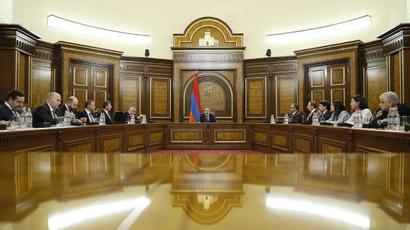
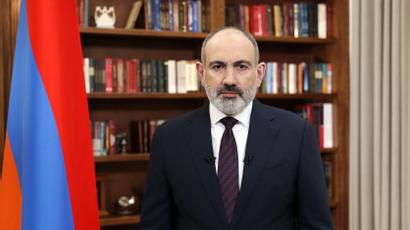
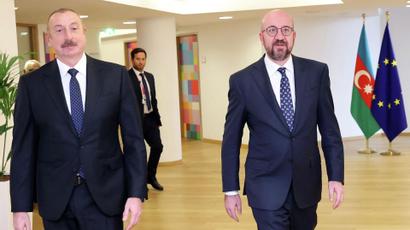

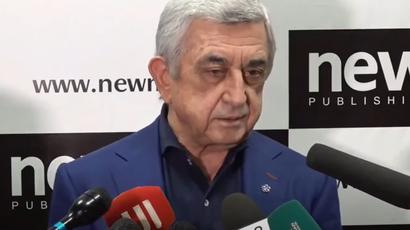
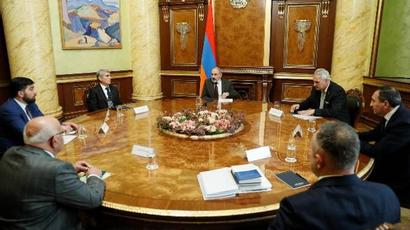
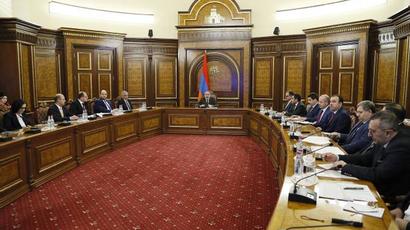
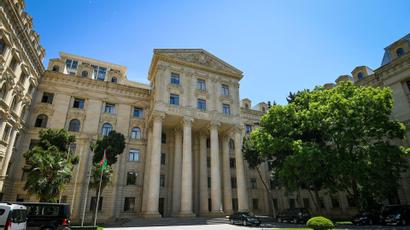
comment.count (0)